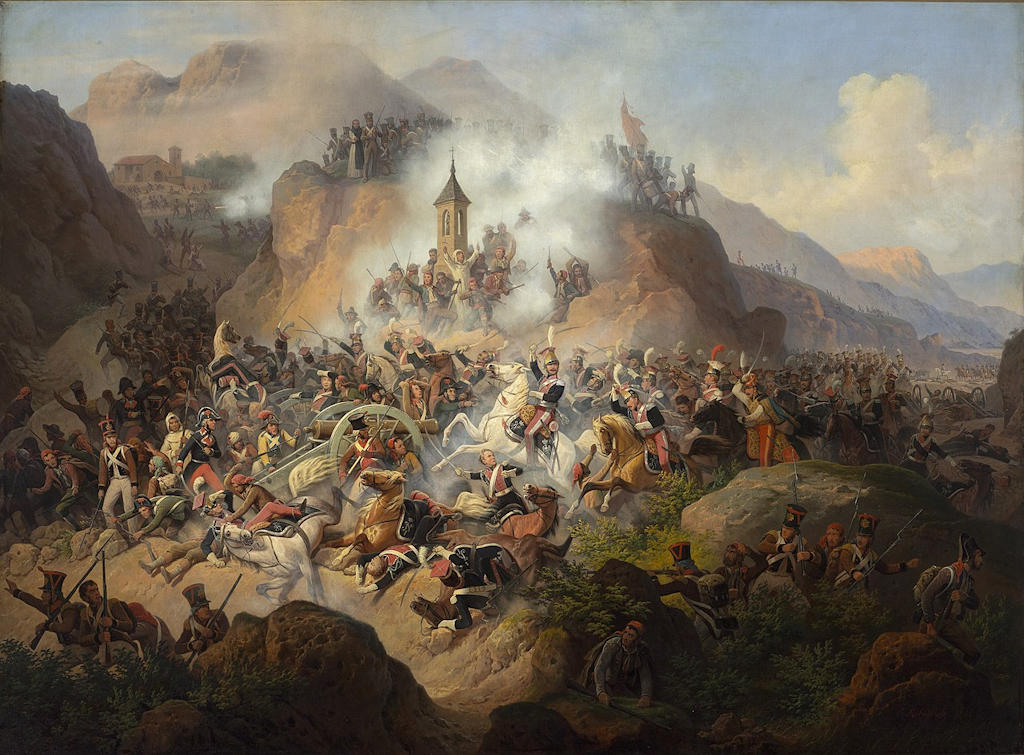In 1762, the conflict reached the shores of Portugal when a combined Spanish and French force launched an invasion. The Portuguese capital, Lisbon, became a theater of war as the invaders aimed to exert control over the country and sever its alliance with Britain. The city faced a precarious situation, with its population bracing for the possibility of occupation and the potential dismantling of its economic and political structures.
The defense of Lisbon became a rallying point for the Portuguese people and their allies. Under the leadership of the Marquis of Pombal, the Prime Minister of Portugal at the time, a concerted effort was made to bolster the city's defenses and rally popular support. The city's fortifications were reinforced, and a network of militia was established to resist the invaders.
The British, recognizing the strategic importance of Lisbon, swiftly came to Portugal's aid. A joint Anglo-Portuguese force, commanded by General John Burgoyne, arrived in Lisbon to support the defense efforts. The presence of British troops bolstered the morale of the Portuguese and served as a deterrent against further aggression.
Despite the initial successes of the invaders, Lisbon remained resolute. The Portuguese people, driven by their desire for independence and their determination to defend their capital, fiercely resisted the occupation. The city became a symbol of Portuguese resilience and patriotism, with its inhabitants united in their commitment to repel the invaders.
The turning point came in 1762 when a British naval fleet, led by Admiral George Pocock, arrived in the Tagus River. The British blockade effectively cut off the invaders from their supply lines and reinforcements, isolating them in Lisbon. Facing mounting difficulties and dwindling resources, the invaders eventually capitulated, and the siege of Lisbon was lifted.
Lisbon.vip Recommends
Furthermore, the conflict had broader implications for the balance of power in Europe. Portugal's defiance against Spanish and French aggression in Lisbon bolstered Britain's position and contributed to the eventual outcome of the war. The Seven Years' War marked a turning point in European history, reshaping alliances, territories, and the global balance of power.
Lisbon's involvement in the Seven Years' War stands as a testament to the city's resilience and its crucial role in shaping Portugal's destiny. The defense of Lisbon symbolized the unwavering spirit of the Portuguese people and their commitment to safeguard their independence. Today, the city's rich history and its involvement in this global conflict serve as a reminder of the indomitable spirit and enduring legacy of Lisbon and its people.
In conclusion, Lisbon's involvement in the Seven Years' War was a pivotal chapter in Portugal's history. The city's defense against Spanish and French invaders showcased the determination and resilience of the Portuguese people. Lisbon's successful resistance, supported by its British allies, not only preserved its alliance but also had broader implications for the balance of power in Europe. The defense of Lisbon remains a proud and enduring symbol of Portugal's independence and its people's indomitable spirit.



